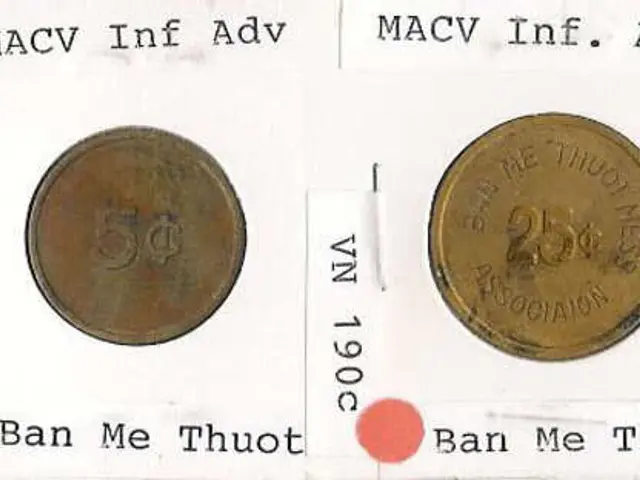Tax Reform Bill Number 2 of 2025 Clears Lok Sabha, Paving Way for Significant Tax Change
Simplifying India's Tax System: The SIMPLE Framework
The Indian government has taken a significant step towards modernising the country's tax system with the introduction of the Income Tax No. 2 Bill 2025. This bill, aimed at replacing the Income Tax Act of 1961, is considered a legislative reset, focusing on making India's tax laws fit for the modern economy.
The SIMPLE framework, a key part of the bill, is the government's commitment to making the tax system simple, clear, and easy to understand for all taxpayers. The framework rewrites income tax laws in plain language, cuts down complexity, and aims to streamline tax laws and procedures.
One of the key changes introduced by the SIMPLE framework is the simplification of tax slabs and rebates. The new tax regime, as outlined in Clause 202(I), offers a zero-tax exemption up to ₹4 lakh and reduced rates of 5%-15% for incomes up to ₹12 lakh, with marginal relief for incomes above ₹12 lakh. This effectively raises the basic exemption limit to ₹12.75 lakh by including standard deductions.
The bill also aims to consolidate and clarify the tax law. It reduces the number of sections from 819 to 536 and chapters from 47 to 23, reducing the word count from 512,000 to 260,000 words. This decluttering strips away redundant provisions and outdated terminology, making the law easier to read and implement.
The bill also adopts a uniform tax year (starting April 1), aligning with international best practices, and introduces clearer tables and formulas for calculation. Furthermore, it eases compliance and administration by removing restrictions like denial of refunds on late filings and exemption from Tax Collection at Source on overseas education remittances.
The Income Tax No 2 Bill 2025 was passed in the Lok Sabha and shaped through an extensive review process by the Parliamentary Select Committee. It incorporates recommendations from broad-based consultations with industry leaders, tax experts, and trade bodies.
In the months ahead, the Central Board of Direct Taxes (CBDT) is expected to issue detailed rules on the transition process, legacy cases under the old Act, and the law's integration with the Goods and Services Tax (GST) ecosystem. A phased implementation from April 1, 2026, is under consideration to ensure a smooth transition.
The CBDT has launched the Income-tax Bill 2025 Navigator and detailed FAQs on the Income Tax India website to support the transition to the new tax code. The bill awaits Presidential assent before coming into force.
The new law, once implemented, is expected to foster ease of doing business and enhance the taxpayer experience in India. Economists suggest that a well-executed rollout could enhance India's standing in the World Bank's Ease of Doing Business index, especially in the "Paying Taxes" category.
For multinational companies, aligning operations with the new framework might involve significant recalibration of ERP systems and documentation processes. The bill introduces a standardized structure for Tax Deducted at Source (TDS), reducing disputes and accelerating refunds. The bill also proposes a 'nil' Tax Collection at Source (TCS) on education-related remittances under the Liberalised Remittance Scheme (LRS).
Simplification of the tax laws could introduce interpretative challenges for tax professionals and businesses. Official guidance tools have been launched to support the transition to the new tax code. The bill marks a significant overhaul of India's tax system, replacing the old law after 63 years of service. It is marketed under the acronym S.I.M.P.L.E, emphasising the removal of outdated provisions, simplification of definitions, and streamlining of tax processes.
Businesses operating in India may need to recalibrate their ERP systems and documentation processes to align with the new tax framework. (finance)
The simplification of India's tax laws is expected to improve the ease of doing business for all taxpayers, including multinational companies. (business)




